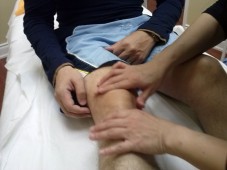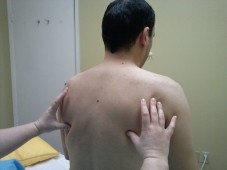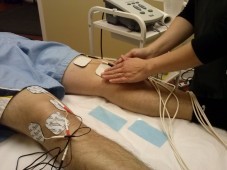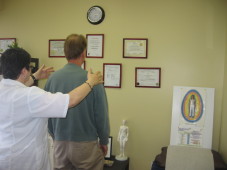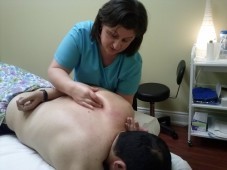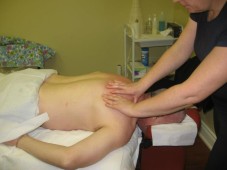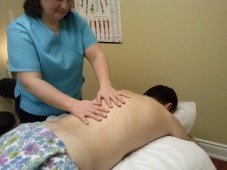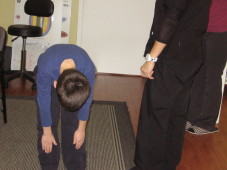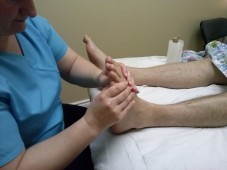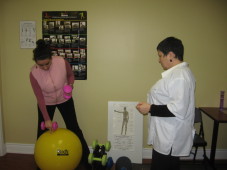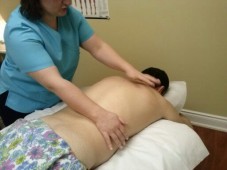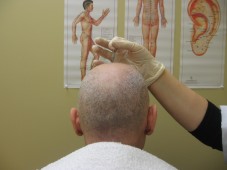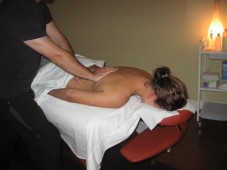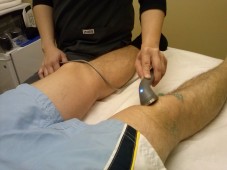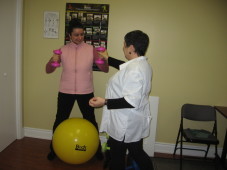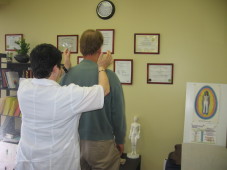 Massage Therapy is one of the oldest, simplest forms of therapy and is a system of stroking, pressing and kneading different areas of the body to relieve pain, relax, stimulate, and tone the body. Tension Relief Massage Therapy, also known as Swedish massage, is the most common form of massage.
Massage Therapy is one of the oldest, simplest forms of therapy and is a system of stroking, pressing and kneading different areas of the body to relieve pain, relax, stimulate, and tone the body. Tension Relief Massage Therapy, also known as Swedish massage, is the most common form of massage.
Massage does much more than create a pleasant sensation on the skin. It also works on the soft tissues (the muscles, tendons, and ligaments) to improve muscle tone. Although it largely affects those muscles just under the skin, its benefits may also reach the deeper layers of muscle and possibly even the organs themselves. Massage also stimulates blood circulation and assists the lymphatic system (which runs parallel to the circulatory system), improving the elimination of waste throughout the body.
Therapeutic massage can be an important part of your health maintenance plan, by:
- Reducing or eliminating pain
- Improving joint mobility
- Improving circulation
- Improving the functionality of the immune system
- Increasing lymphatic drainage
- Reducing depression and anxiety
- Reducing tension within muscles
- Relieving stress
Massage therapy improves circulation by bringing oxygen and other nutrients to body tissues. It relieves muscle tension and pain, increases flexibility and mobility, and helps clear lactic acid and other waste, which reduces pain and stiffness in muscles and joints. Massage therapy relieves stress by lowering levels of hormones such as cortisol and also appears to enhance immune function.
Research has shown that massage can reduce heart rate, lower blood pressure and increase blood circulation and lymph flow. It also relaxes muscles, improves range of motion and increases endorphins, which all can enhance medical treatment.
Therapeutic massage does not increase muscle strength, although it can stimulate weak and inactive muscles, which helps compensate for lack of exercise and inactivity caused by illness or injury.
Massage can help treat stress-related physical conditions, including:
- Anxiety and depression
- Fatigue
- Headaches and migraines
- Pain, including muscle tension, back, shoulder and neck pain
- Repetitive stress injuries




